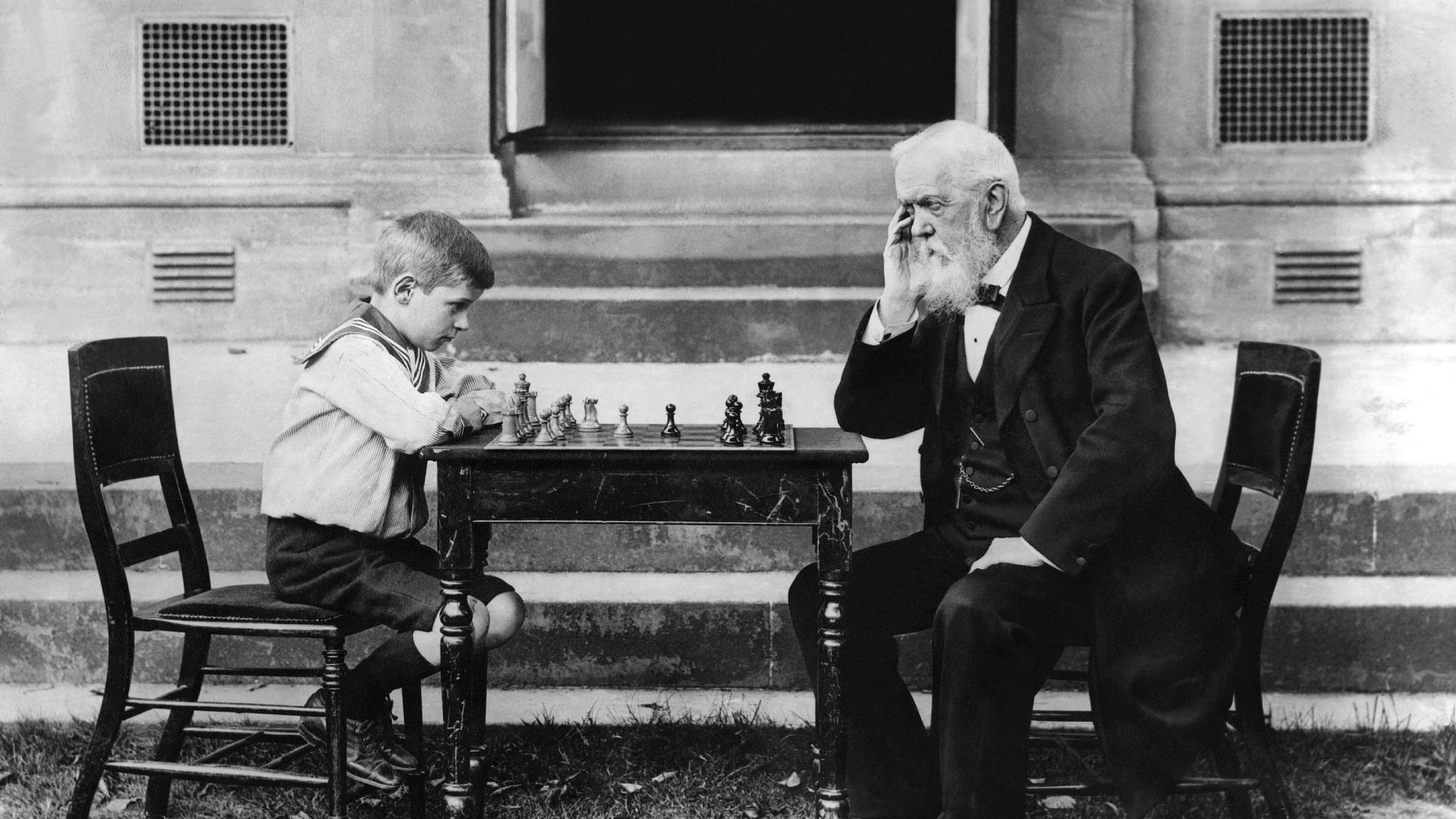There’s a fresh generational conflict waiting in the wings, according to a new report from Bain. As Baby Boomers retire, they will increasingly rely on programs like Medicare and Social Security. Their departure from the workforce is expected to spur investment in automation. And that’s bad news for Millennials, who will need retraining and perhaps income support as new tech eliminates 20% to 25% of existing jobs, or 40 million positions. Both groups will compete for help from a government that’s on track to contend with sizable deficits and a diminishing population of active taxpayers. It’s going to get interesting.
The U.S. is headed for a potentially dangerous new social rift, this time between millennials and baby boomers, each wrestling for diminishing jobs and shrinking government assistance, according to a new paper.
Quick take: In the next decade or so, automation and demographics will become a new dimension to the economic and social pressures already roiling the U.S. and societies around the world, according to the study released today by Bain. This new conflict will pit millennial workers displaced by machines against boomers living on Social Security and Medicare. "Who votes, who wins, and who goes to the polls become a highly politicized issue potentially," says Karen Harris, managing director of Bain's Macro Trends Group.
Bain paints the following picture of the years up to around 2030:
"The question is what decisions are made on who gets the first call" on the government budget, Harris tells Axios. "That will bring tension between the working-age population and retirees."
Quick take: In the next decade or so, automation and demographics will become a new dimension to the economic and social pressures already roiling the U.S. and societies around the world, according to the study released today by Bain. This new conflict will pit millennial workers displaced by machines against boomers living on Social Security and Medicare. "Who votes, who wins, and who goes to the polls become a highly politicized issue potentially," says Karen Harris, managing director of Bain's Macro Trends Group.
Bain paints the following picture of the years up to around 2030:
- The U.S. population is aging fast, and many older workers are staying on the job longer.
- With the labor force shrinking and needed skills hard to find, companies will rapidly automate.
- 20%-25% of current jobs will be wiped out, adding up to some 40 million workers, many in the least-advanced positions, often millennials.
"The question is what decisions are made on who gets the first call" on the government budget, Harris tells Axios. "That will bring tension between the working-age population and retirees."

No comments:
Post a Comment